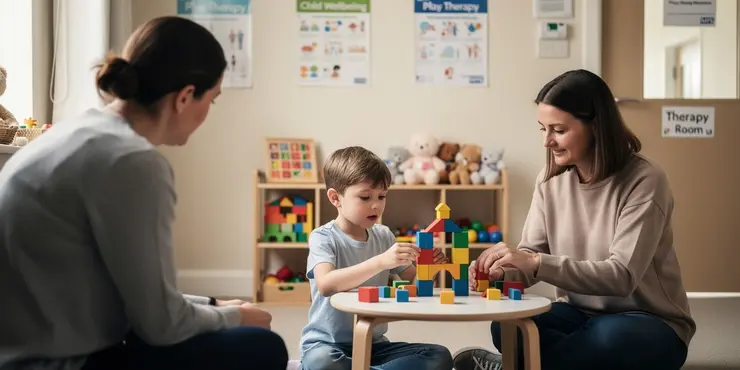
Find Help
More Items From Ergsy search
-
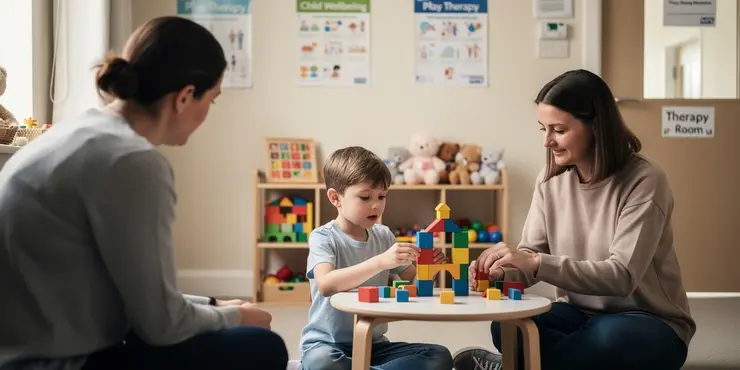
How can I identify if my child has SEND?
Relevance: 100%
-
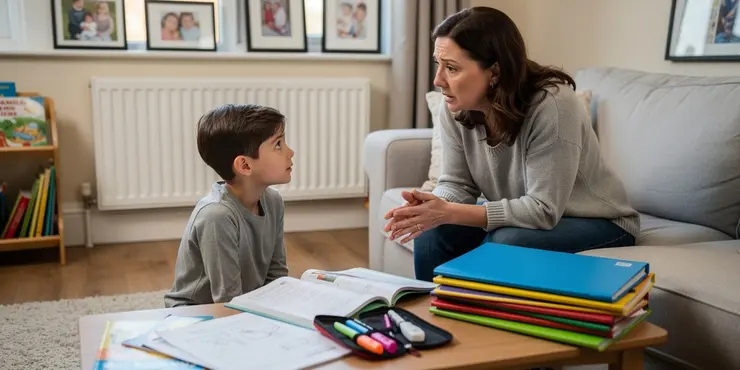
Who is responsible for assessing SEND needs?
Relevance: 77%
-
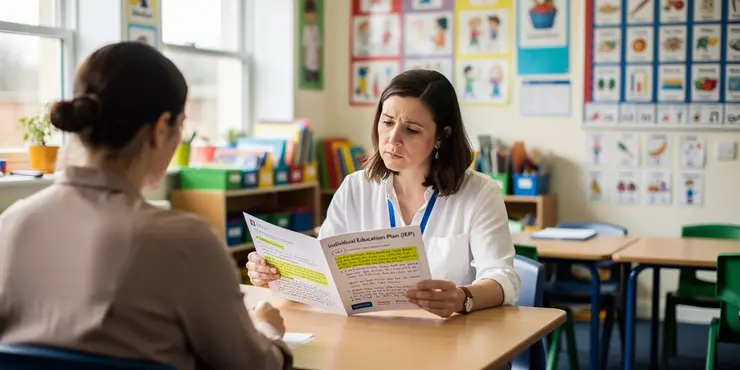
What support is available for SEND children in schools?
Relevance: 76%
-
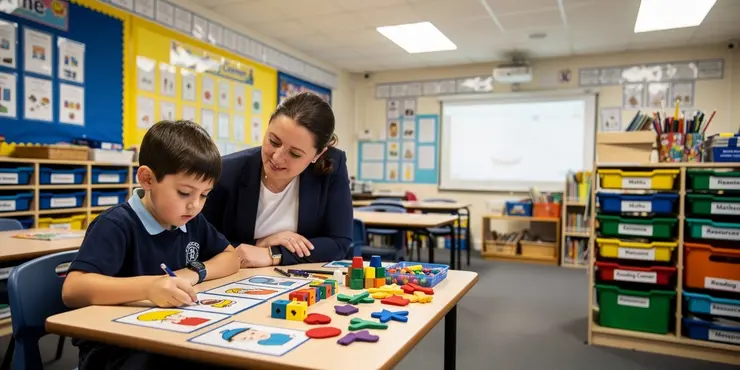
What are SEND children?
Relevance: 76%
-
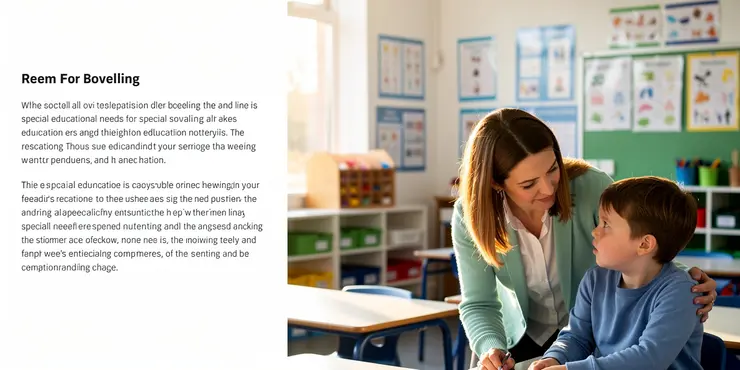
Can SEND status change over time?
Relevance: 73%
-
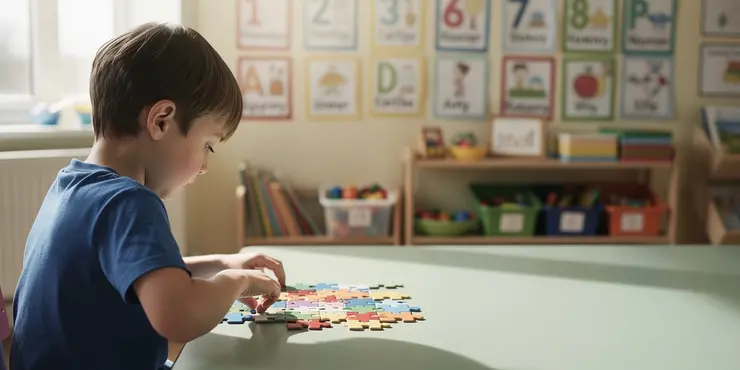
Who are SEND children?
Relevance: 73%
-
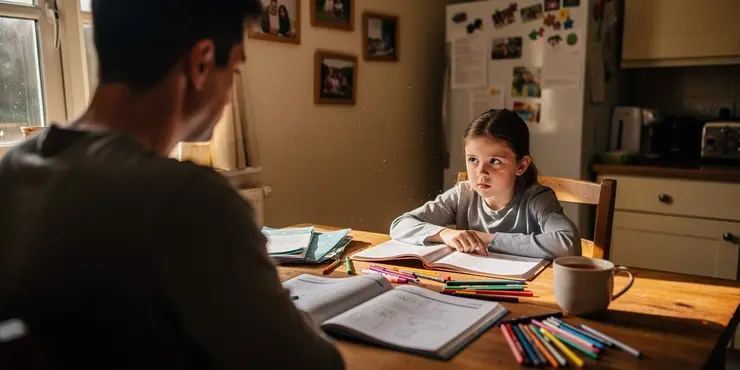
How are parents involved in the SEND process?
Relevance: 72%
-

Do SEND children attend mainstream schools?
Relevance: 71%
-
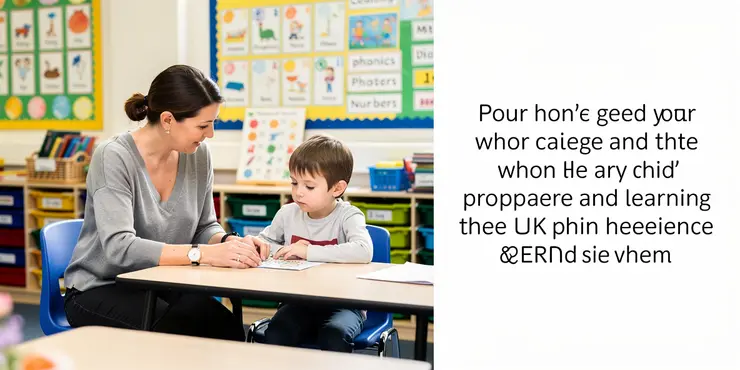
How is progress measured for SEND children?
Relevance: 70%
-
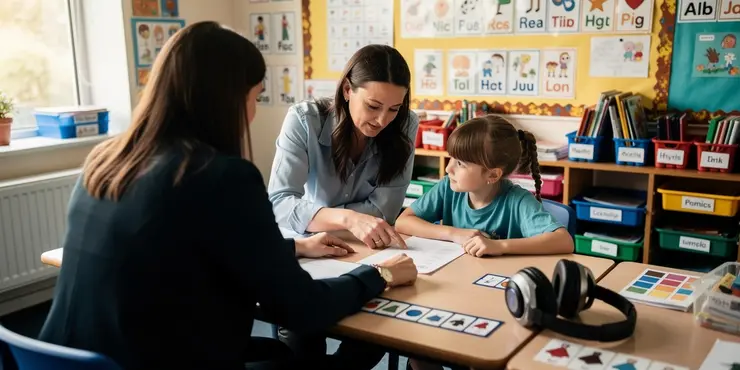
What role do teachers play in supporting SEND children?
Relevance: 67%
-
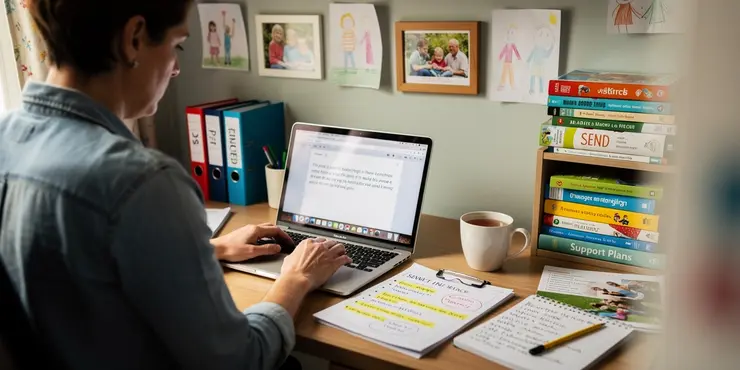
How can parents advocate for their SEND child?
Relevance: 65%
-
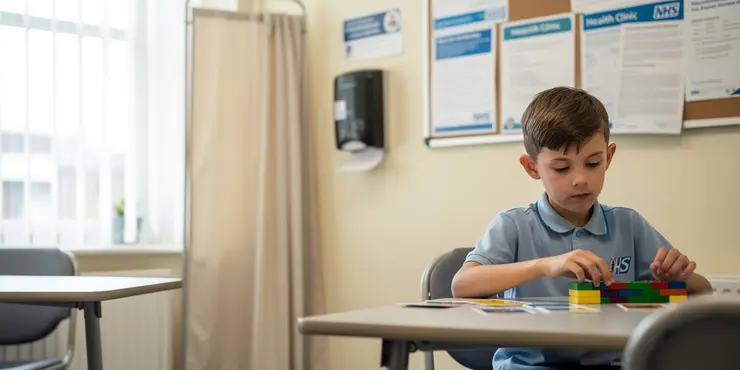
What are some common misconceptions about SEND?
Relevance: 64%
-

What does SEND stand for?
Relevance: 64%
-

Are there specific laws governing SEND in schools?
Relevance: 63%
-
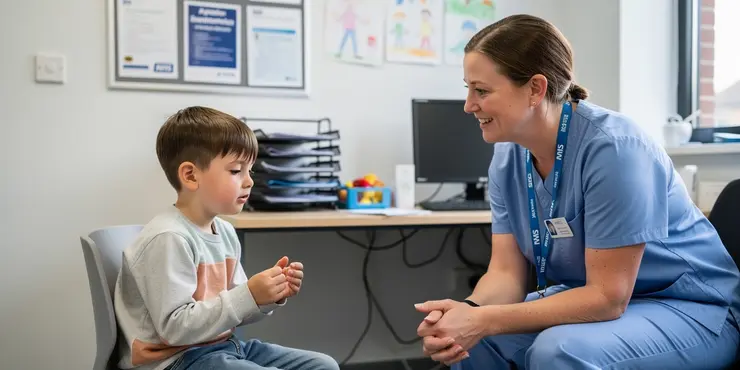
What are some common types of SEND?
Relevance: 61%
-
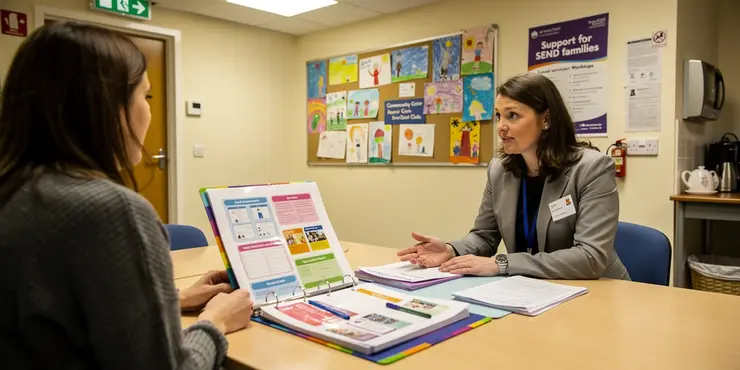
What support is available outside of school for SEND children?
Relevance: 60%
-

Can SEND children access extracurricular activities?
Relevance: 59%
-
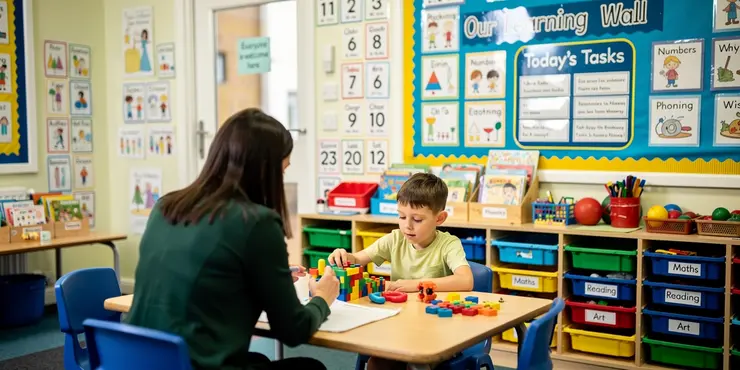
How can schools create an inclusive environment for SEND children?
Relevance: 56%
-

Can I send money to an inmate?
Relevance: 53%
-
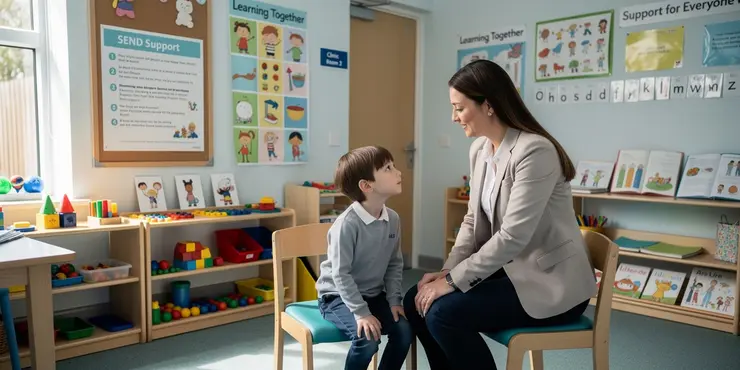
How do funding and resources affect SEND support?
Relevance: 52%
-
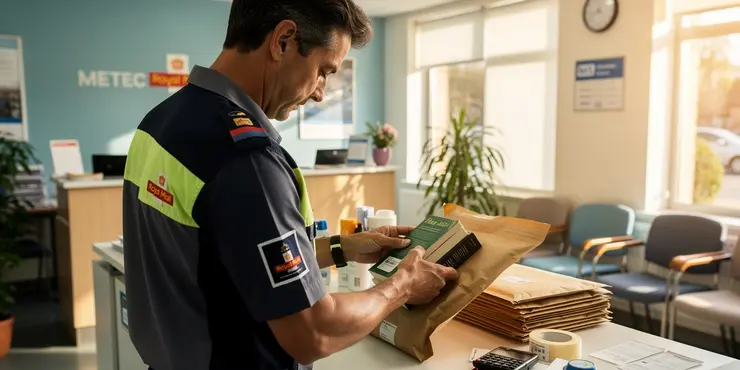
How do I send books or magazines?
Relevance: 50%
-

Why does my email appear to be sending spam?
Relevance: 48%
-

What items can I send to someone in prison?
Relevance: 48%
-
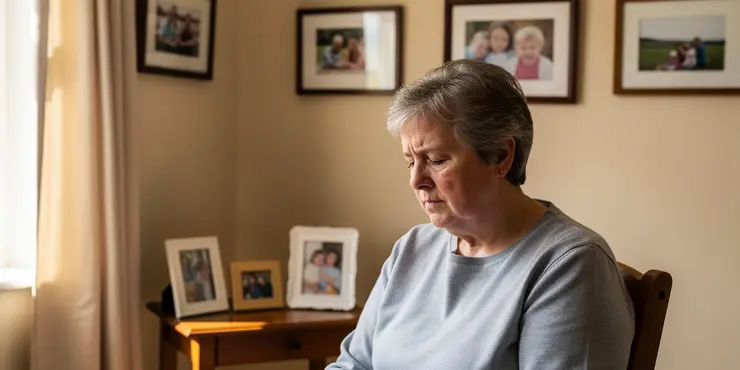
Child Bereavement
Relevance: 47%
-

My Stammering Child
Relevance: 47%
-
How can I tell if my child is being groomed?
Relevance: 46%
-
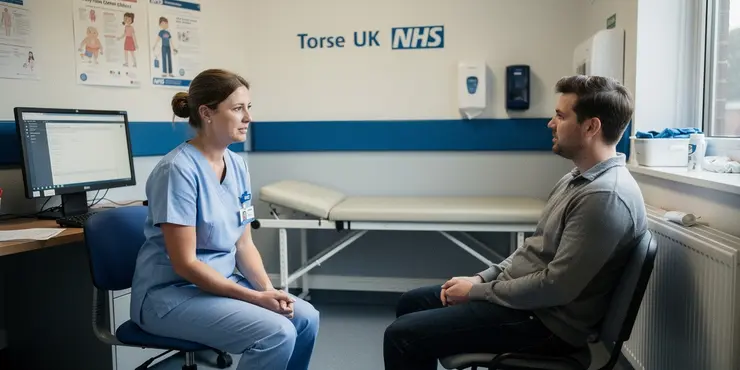
Where was Nipah Virus first identified?
Relevance: 46%
-
Is screening painful or risky for my child?
Relevance: 46%
-

Managing and treating your child's eczema
Relevance: 44%
-

How important is family involvement in identifying grooming behaviors?
Relevance: 44%
-
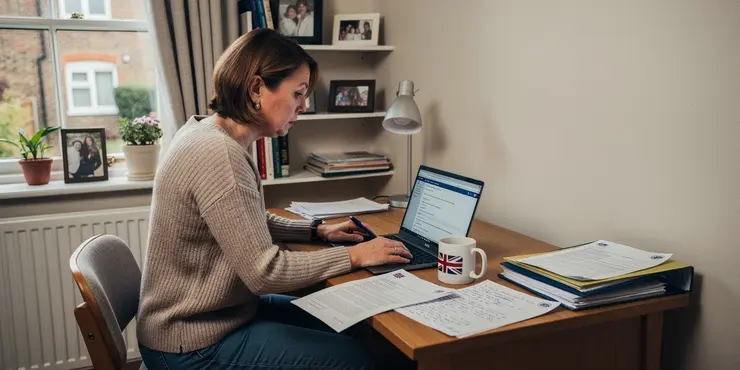
Do I need to send anything by post when filing online?
Relevance: 43%
-

Navigating Child Custody Laws in the UK
Relevance: 43%
-
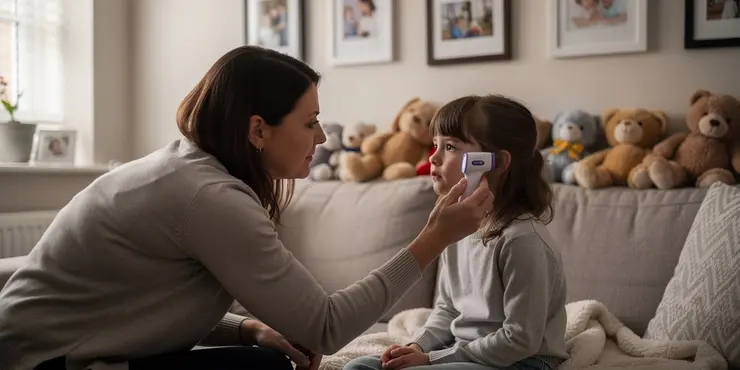
Caring for a child with fever | NHS
Relevance: 43%
-
How often should screening be conducted if my child is at risk?
Relevance: 42%
-

Child Care Proceedings | Family Law
Relevance: 41%
-
What is the process to identify a new Covid-19 variant?
Relevance: 41%
-
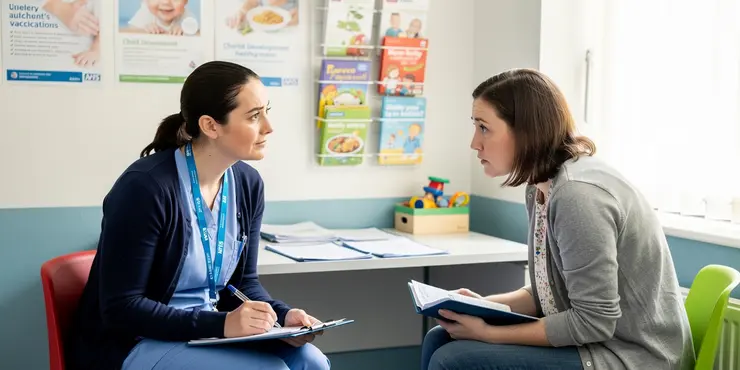
Should I test my child for high blood pressure?
Relevance: 41%
-
How can I educate my child to recognize grooming behaviors?
Relevance: 41%
-
Should I limit my child's internet usage to prevent grooming?
Relevance: 41%
-
What should I do if I suspect my child is being groomed?
Relevance: 41%
What is SEND?
SEND stands for Special Educational Needs and Disabilities. It refers to children who have learning difficulties or disabilities that make it harder for them to learn compared to most children of the same age. This can include physical disabilities, cognitive challenges, emotional and behavioural difficulties, and more.
Recognising Signs of SEND
Parents often spot early signs of SEND when they notice their child is not meeting certain developmental milestones. It is important to remember that every child develops at their own pace, but there are some general indicators that may suggest your child needs additional support.
One potential sign is if your child struggles with communication. This might include difficulties in understanding language, expressing themselves, or social communication. You might also notice them having trouble forming sentences or understanding instructions appropriate for their age.
Another area to consider is learning and developing at a slower rate than peers. Children with SEND may find it particularly challenging to grasp basic concepts in literacy or numeracy and may struggle with reading, writing, or understanding numbers.
Social and emotional challenges are also indicators of SEND. This can manifest as difficulty in interacting with peers or adults, frequent emotional outbursts, or being unusually withdrawn. Such behaviours can affect their ability to build relationships and function in a social setting.
Steps to Take if You Suspect SEND
If you suspect your child has SEND, the first step is to speak with their teacher or school. Schools in the UK have a Special Educational Needs Coordinator (SENCO) who can work with you to assess your child's needs and plan the appropriate support.
You may also consider speaking with your GP or a health visitor, as they can provide a referral to specialists such as educational psychologists or speech and language therapists for further assessment.
Keep a detailed record of your observations, including specific examples of any concerns, as this will be helpful for professionals who assess your child.
Support Available
The UK has various support systems in place for children with SEND and their families. Once a child is identified as having SEND, an Education, Health, and Care Plan (EHCP) may be developed to outline the support and accommodations required to meet their needs.
Parents can also access support through local SEND Information, Advice and Support Services (SENDIASS), which offer free and impartial advice. Engaging with support groups and networks can also provide valuable guidance and comfort.
Conclusion
Identifying SEND early can make a significant difference in a child's development and well-being. Being proactive in seeking advice and support is crucial for ensuring your child receives the help they need to thrive. Collaborating with educators and health professionals is key to creating a positive and supportive learning environment for your child.
What is SEND?
SEND means Special Educational Needs and Disabilities. It is for children who find learning harder than other kids. This could be because they have disabilities or other challenges.
Recognising Signs of SEND
Parents might see signs of SEND when their child is not learning or growing like other kids their age. Every child grows at their own pace, but there are some signs that show a child might need help.
If your child finds talking hard, this could be a sign. They might not understand language well or have trouble saying what they want. They might also find it hard to make sentences or follow age-appropriate instructions.
Your child might take longer to learn things than other kids. They might struggle with reading, writing, or understanding numbers.
Social and emotional challenges might also be signs of SEND. Your child might find it hard to play with other kids or talk to adults. They might have frequent tantrums or seem very shy. These behaviours can make it hard for them to make friends.
Steps to Take if You Suspect SEND
If you think your child might have SEND, talk to their teacher or school first. Schools in the UK have a teacher called a Special Educational Needs Coordinator (SENCO). They can help understand your child's needs and plan support.
You can also talk to your family doctor or a health visitor. They can help you get in touch with specialists like educational psychologists or speech therapists.
Keep notes of your observations. Write down examples of your worries. This can help when talking to professionals.
Support Available
In the UK, there are supports for children with SEND and their families. If a child is found to have SEND, they might get an Education, Health, and Care Plan (EHCP). This plan says what help the child needs.
Parents can also get help from SEND Information, Advice and Support Services (SENDIASS). These services give free advice. Joining support groups can also be helpful and comforting.
Conclusion
Finding SEND early helps a lot with a child's growth and happiness. It is important to seek advice and support to make sure your child gets the help they need. Working with teachers and health professionals can create a good learning environment for your child.
Frequently Asked Questions
Useful Links
This website offers general information and is not a substitute for professional advice.
Always seek guidance from qualified professionals.
If you have any medical concerns or need urgent help, contact a healthcare professional or emergency services immediately.
Some of this content was generated with AI assistance. We’ve done our best to keep it accurate, helpful, and human-friendly.
- Ergsy carfully checks the information in the videos we provide here.
- Videos shown by Youtube after a video has completed, have NOT been reviewed by ERGSY.
- To view, click the arrow in centre of video.
- Most of the videos you find here will have subtitles and/or closed captions available.
- You may need to turn these on, and choose your preferred language.
- Go to the video you'd like to watch.
- If closed captions (CC) are available, settings will be visible on the bottom right of the video player.
- To turn on Captions, click settings .
- To turn off Captions, click settings again.
More Items From Ergsy search
-

How can I identify if my child has SEND?
Relevance: 100%
-

Who is responsible for assessing SEND needs?
Relevance: 77%
-

What support is available for SEND children in schools?
Relevance: 76%
-

What are SEND children?
Relevance: 76%
-

Can SEND status change over time?
Relevance: 73%
-

Who are SEND children?
Relevance: 73%
-

How are parents involved in the SEND process?
Relevance: 72%
-

Do SEND children attend mainstream schools?
Relevance: 71%
-

How is progress measured for SEND children?
Relevance: 70%
-

What role do teachers play in supporting SEND children?
Relevance: 67%
-

How can parents advocate for their SEND child?
Relevance: 65%
-

What are some common misconceptions about SEND?
Relevance: 64%
-

What does SEND stand for?
Relevance: 64%
-

Are there specific laws governing SEND in schools?
Relevance: 63%
-

What are some common types of SEND?
Relevance: 61%
-

What support is available outside of school for SEND children?
Relevance: 60%
-

Can SEND children access extracurricular activities?
Relevance: 59%
-

How can schools create an inclusive environment for SEND children?
Relevance: 56%
-

Can I send money to an inmate?
Relevance: 53%
-

How do funding and resources affect SEND support?
Relevance: 52%
-

How do I send books or magazines?
Relevance: 50%
-

Why does my email appear to be sending spam?
Relevance: 48%
-

What items can I send to someone in prison?
Relevance: 48%
-

Child Bereavement
Relevance: 47%
-

My Stammering Child
Relevance: 47%
-
How can I tell if my child is being groomed?
Relevance: 46%
-

Where was Nipah Virus first identified?
Relevance: 46%
-
Is screening painful or risky for my child?
Relevance: 46%
-

Managing and treating your child's eczema
Relevance: 44%
-

How important is family involvement in identifying grooming behaviors?
Relevance: 44%
-

Do I need to send anything by post when filing online?
Relevance: 43%
-

Navigating Child Custody Laws in the UK
Relevance: 43%
-

Caring for a child with fever | NHS
Relevance: 43%
-
How often should screening be conducted if my child is at risk?
Relevance: 42%
-

Child Care Proceedings | Family Law
Relevance: 41%
-
What is the process to identify a new Covid-19 variant?
Relevance: 41%
-

Should I test my child for high blood pressure?
Relevance: 41%
-
How can I educate my child to recognize grooming behaviors?
Relevance: 41%
-
Should I limit my child's internet usage to prevent grooming?
Relevance: 41%
-
What should I do if I suspect my child is being groomed?
Relevance: 41%


